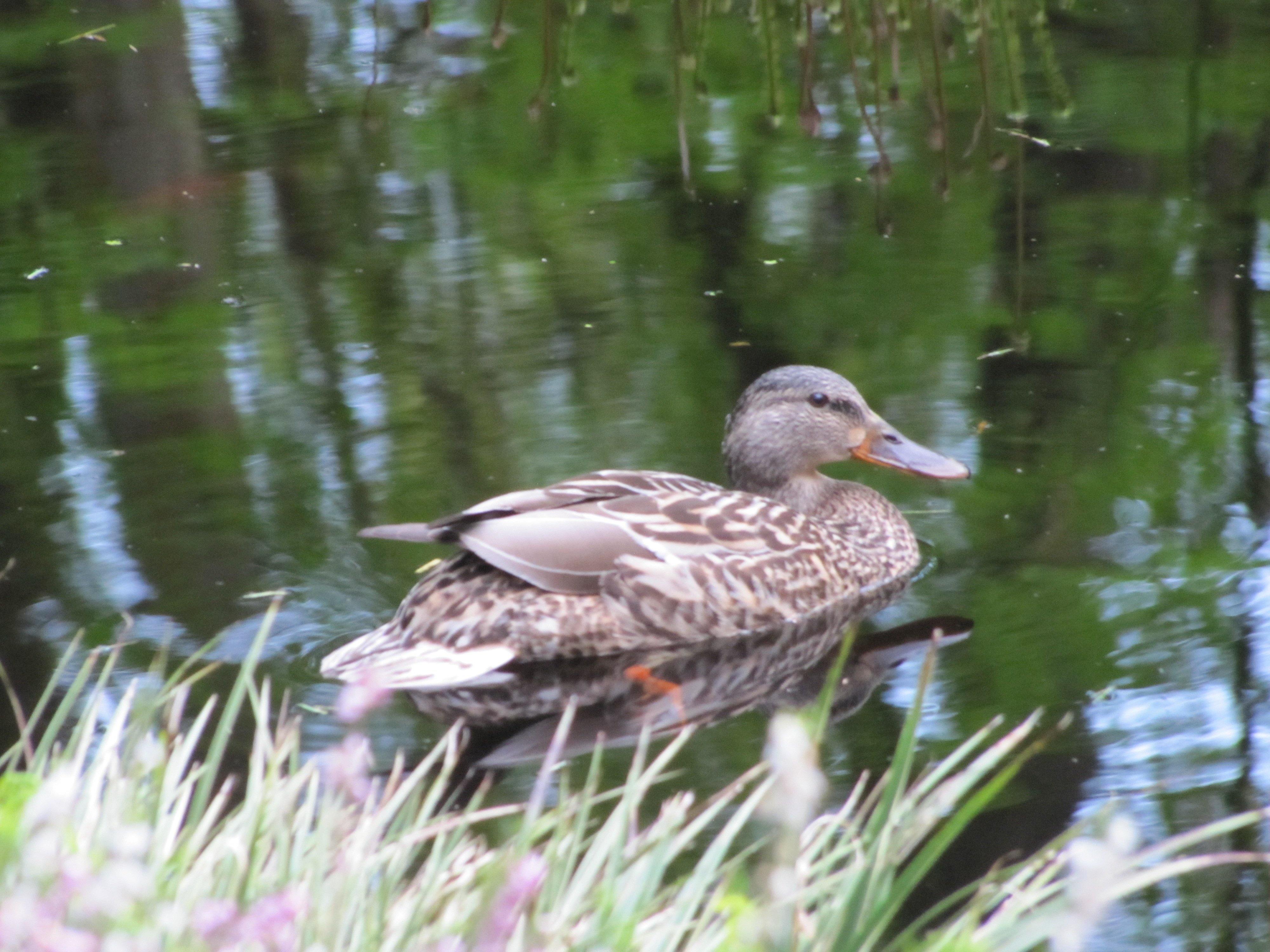What is a Pond? (Article 2):
So you have decided to build a pond! Great! But before you spoon one shovel of dirt from the ground, let’s discuss what the word “pond” really means; as this water feature has many misconceptions, interchangeable terms, etc. Pond is really a generic term. Here is what it is technically…
A pond is characterized as a standing body of water, which has a photic zone through its entire length and width. In other words, plants could potentially grow all across its surface or below the surface. A lake however is characterized by having an aphotic zone, where the sun cannot penetrate; therefore plants cannot grow all over its surface or below it. This aphotic zone is usually determined by depth and clarity. Ponds are typically shallow to allow light to pass down deep enough for plants to survive. There is no standard size for lakes, ponds, bogs, etc. They are usually determined by their composition and clarity, both biotic and abiotic. Characterizing a lake as bigger is technically wrong, since there are some ponds that can exceed the size of small lakes, but due to the absolute photic zone, it is technically a pond.
A pool is characterized as a body of water that is not standing or stagnant but rather moving or flushed which would cause it to be aphotic by nature. Otherwise, stagnant pools would quickly become photic (like ponds). Examples in nature might be pools under a waterfall or within a flowing stream which maintain aphotic zones due to the continuous flushing of the water. Building a small artificial standing pool (whether for fish or swimming) would quickly become ponds unless artificial filtration and flow are implemented using filters and pumps. Remove these devices, and the pool reverts to a settling pond – unfit for either fish or swimming. NOTE: this movement mixes oxygen into the water – also very important. Remember, the only real difference in a pond pool and a swimming pool are chemicals that are added to a swimming pool to kill the natural plants and bacteria that would appear in a pond environment.
So your goal of this new “pond” is to achieve building a self-sufficient and sustainable pool. This pool will have the water cleaned automatically both mechanically and biologically (on a chemical level performed naturally). Further the water will have oxygen dissolved into it in large amounts and be clear. Most importantly, the water will stay that way on its own without a lot of fuss. The pond will make a perfect habitat for aquatic plants and fish too. The look of the pond is up to you. You might want a marshier, shallow body of water, or perhaps a deep pool – or something in between. Further, you may wish the pond to be very angular or amorphic in shape. You might have a stream or waterfall connected to the pond. The pond may have fountains or spitter statuary – that’s up to you. Bottom line though, you want this pool to be clean, healthy, odorless and EASY to maintain! That is the #1 key goal you are after!
These articles will hopefully give you guidance on the many pitfalls to avoid so that you do it right the first time. You also don’t want to put in a water feature that ends up being lots of work and trouble. The pond I inherited had every pitfall imaginable, which I had to correct – retrofitting is a much harder proposition! Hopefully my experiences and toil will benefit you. I will be happy to answer questions too.
Previous Article: 01: The Pond Life – Pondering a Pond?
Next Article: 03: The Pond Life – The Main Pool


1 comment
Anonymous
Very informative Jeff. Thank you for sharing and I learned several new things from this that I didn’t know before 1) I finally understand the difference between a pond and a lake (I thought it was just size, but this definition makes a lot of sense how you’ve described) 2) I should actually consider myself technically a “fish pool builder” and not a “fish pond builder”, and 3) you have a way better vocabulary than I do. LOL. Thank You for sharing your insights, I really enjoy reading your articles!